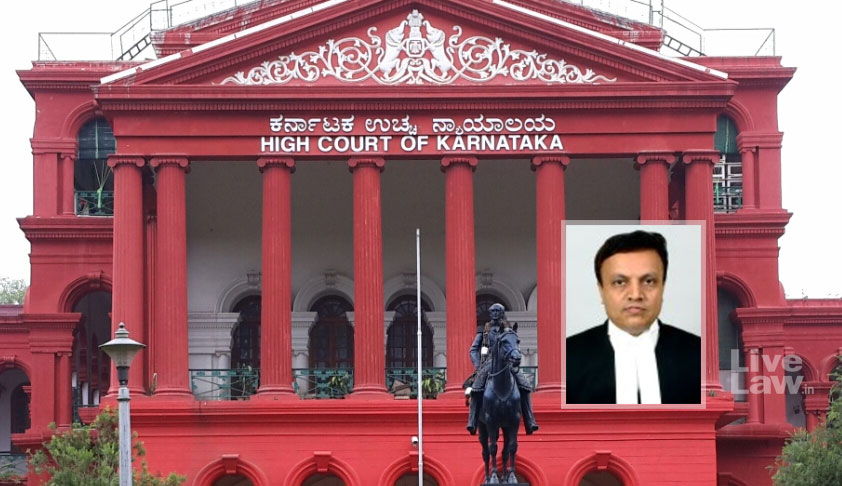Justice Patel Being Victimized For Going Against Political Establishment: CJAR
Apoorva Mandhani
27 Sept 2017 8:53 PM IST

Next Story
27 Sept 2017 8:53 PM IST
In an official release, the Campaign for Judicial Accountability and Reforms (CJAR) has condemned the decision to transfer Justice Jayant Patel to the Allahabad High Court.Justice Patel, resigned on Monday, allegedly to protest his non-elevation as the Chief Justice of any High Court, despite his seniority. While the issue of Justice Patel’s elevation has been brought up several times in...
